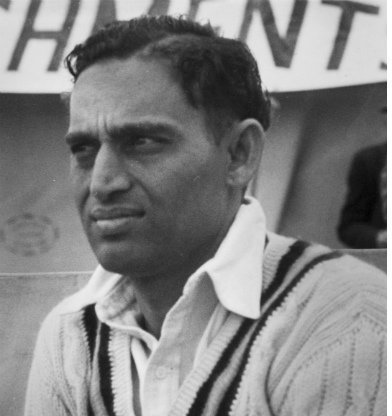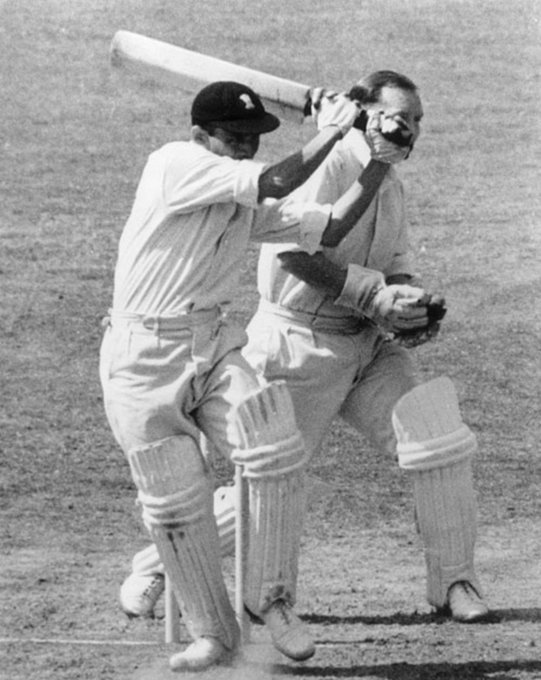He mentions that Wadekar and manager Hemu Adhikari refused to stay in a hotel that they felt was not up to the standards. One of the most telling tour incidents had actually occurred a day or two before the Test when the Ajit Wadekar team arrived in London from Bournemouth to find themselves booked into a charmless, shabby hotel of the type it was hard to imagine Australians being prepared for or expected to tolerate. On their previous tour, the Indians had been humble and deferential; the manager, Kunderan complained, was ‘always crawling to the English’. Wadekar and his upstanding martial manager, Lt. Col. Hemu Adhikari, demanded successfully that the accommodations be upgraded.
Manager of the magnificent seventeen to England, Hemu Adhikari worked with Wadekar to get the best out of every man in the team and contributed a lot to our success. He is a noted right-hand bat in test cricket (average 31.12 in 21 tests). Hemu Adhikari could help a player overcome shortcomings in technique and advise the skipper on technical moves. His insistence on regular field practice has brought Indian fielding to world-class status.
Fortunately, Col. Hemu Adhikari never saw what Fiery Fred Trueman did to his fair name. But he liked trips to India. I recall another happy trip to India in 1956, when players were invited to help celebrate their cricket association’s silver jubilee. Some cricketers shy away from tours to India and Pakistan because of the risk of stomach infection—I believe Geoff Boycott is one of them. But I took the advice of a doctor friend of mine who had served in Burma during the war and, for the first and only time in my life, became a regular drinker of the hard stuff.
He told me to avoid water and orange juice and drink only whisky and soda! It was the last thing I wanted to do, but I followed his advice right through the tour. Several of the others were laid low, including Tom Graveney and Willie Watson, but I never had any trouble. Geoff Boycott seems to have more problems than anyone else on tours to hot countries because he appears to hate the sun.
Seven years later, after I had stopped playing for Yorkshire, I was still hearing stories about what I was supposed to have just said and done on the cricket field. And as late as 1974, another ludicrous legend was born. I went to see the Indians at ‘Worcester and met some of the players and the manager, Colonel Adikari, for a chat. Two weeks later, there was a story going around the dressing rooms like a bush fire: Fred Trueman had greeted Colonel Kari with the words, ‘Flow nicely it is to see you’ve got your color back!’



